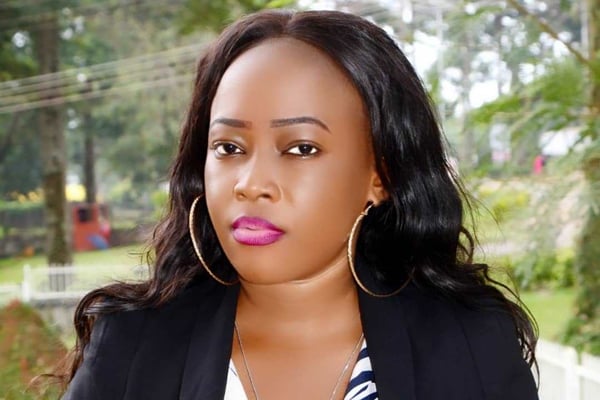Gov't seeks collaboration to recover lion population

The lion gazes at the tourists in Queen Elizabeth National Park. PHOTO/EDGAR R BATTE
The Minister of Tourism, Wildlife and Antiquities, Mr Tom Butime, wants conservation stakeholders and partners to work with the government to conserve lions and other wildlife species.
“Conservation of lions and other wildlife species is not a choice but a constitutional command and obligation. The Constitution mandates the State to protect natural resources including wildlife for and on behalf of the people. To achieve this obligation, government has put in place the requisite policy, legal and institutional frameworks to promote sustainable management and conservation of wildlife resources including the Carnivores,’’ Mr Butime said during the opening of the Dialogue on lion population recovery and conservation in Uganda held at Imperial Botanical Beach Hotel in Entebbe on May 7.
He added that the lion population has overall been decreasing not only in Uganda but also other selected range states.
“It is estimated that there has been a population reduction by approximately 43 percent over the past 21 years which has not spared Uganda,’’ he said.
“As of 2022, the lion population in Uganda was estimated at 300 in all the three protected areas of Queen Elizabeth, Murchison Falls and Kidepo Valley. The considerable population decline is attributed to indiscriminate killing by the local communities, road accidents, habitat loss and diseases,’’ he stressed.
"We have all the experts and the stakeholders in the room. Iam sure you will brainstorm, share experiences, identify gaps and challenges and generate appropriate recommendations aimed at halting the observed population decline," he noted.

Mr Aggrey Rwestiba, Senior Manager of Monitoring & Research UWA speaks about threats and challenges to large carnivore species. Photo | Eve Muganga.
According to Mr Aggrey Rwetsiba, the Senior Manager Monitoring & Research at UWA said, “The host communities continue to poach the lions among other carnivals for sale to international smugglers, lions are part of the big five in the tourism industry that most tourists consider as potential to encounter while on visit to Uganda. We are looking at whether the Country should breed more lions or use other conservation approaches to create a sustainable plan to protect the habitats and our strategic objective is by 2033 to at least have the population of all carnivores increase by 30 percent."
He added that breeding of lions can’t work alone because they need a suitable Environment which should be free from poaching, no human- Lion conflict, among other factors so it’s a cocktail of things. " it’s not breeding alone, we need to do a number of things to achieve what we want.''
Mr Simon Takozekiibi Nampindo, the Country Director Wildlife Conservation Society (WCS) said, “we have come under one roof to brainstorm the proposals that the government is putting across whether they will help recover the lion population. Most tourists who come to Uganda, if they don’t see lions they feel depressed so if we lose that iconic species, definitely we will lose benefits from the protection of these areas,’’ he said.
Dr Racheal Mbabazi the manager animal and horticulture department at UWEC said “there has to be creative ways to innovate and grow the lion population in Uganda.
“This will not be done in the zoo but in the parks and the idea is not to put them in a controllable environment to help them multiply so that the effects affecting their population and that’s what we are proposing although there’s a lot to be done like works to do with DNA, studying the population among others,’’ she noted.




